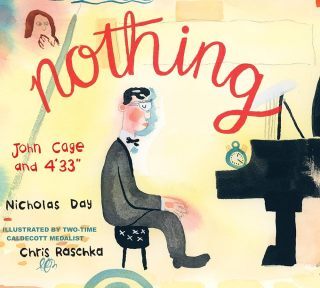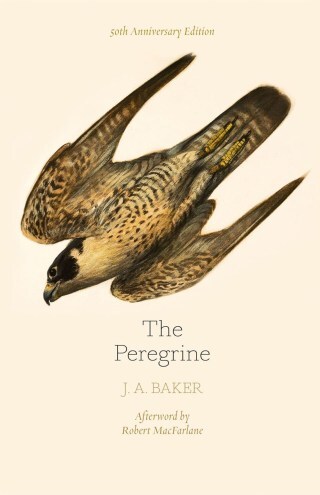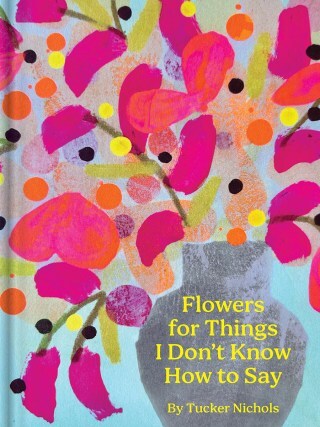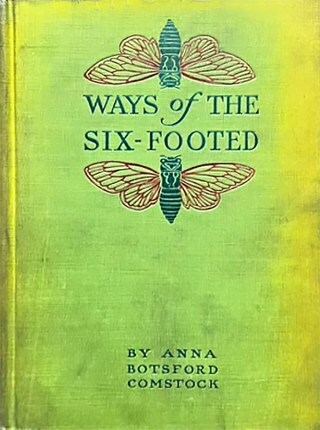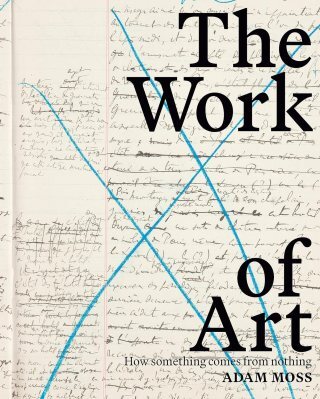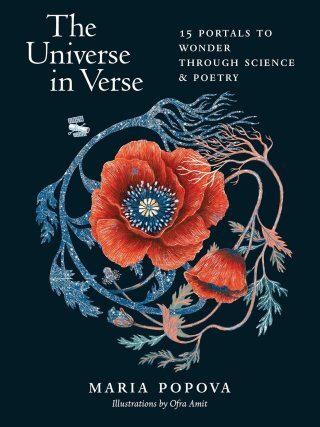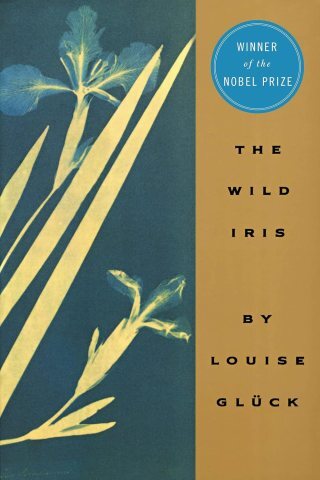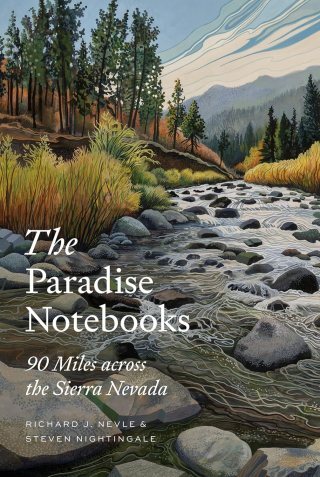Maria Popova's Blog, page 24
May 15, 2024
John Gardner on the Key to Self-Renewal Across Life and the Art of Making Rather Than Finding Meaning
A person is not a potted plant of predetermined personality but a garden abloom with the consequences of chance and choice that have made them who they are, resting upon an immense seed vault of dormant potentialities. At any given moment, any seed can sprout — whether by conscious cultivation or the tectonic tilling of some great upheaval or the composting of old habits and patter...
May 13, 2024
Nothing: The Illustrated Story of How John Cage Revolutionized Music and the Art of Listening Through Silence
“After silence that which comes nearest to expressing the inexpressible is music,” Aldous Huxley wrote. Silence is greater than music because it is its central organizing principle, the way the negative space around an object is what gives it a shape, the way you love someone for what they are not — the person who will not break a promise, the person who will not pass a collapsed bicycle without picking it up, the person who will not interrupt your reverie b...
May 9, 2024
What It’s Like to Be a Falcon: The Peregrine as a Portal to a Way of Seeing and a State of Being
We shall never know the sky, you and I — never know how to pierce a mountain with a pupil or sweep a meadow with a wing — and so we shall never know this world in its totality. It is our creaturely destiny to remain earthbound, trapped in frames of reference shaped by our senses, but it is our biological benediction to have a consciousness c...
May 8, 2024
Flowers for Things I Don’t Know How to Say: A Tender Painted Lexicon of Consolation and Connection
“To be a Flower is profound Responsibility,” Emily Dickinson wrote.
From the moment she pressed the first wildflower into her astonishing teenage herbarium until the moment Susan pinned a violet to her alabaster chest in the casket, she filled her poems with flowers and made of them a lexicon of feeling, part code language and part blueprint to the secret chambers of the heart.
The symbolic language of flowers peaked in Dickinson’s time, seeded by Erasmus Darwin’s radical romantic botany a cen...
May 5, 2024
Nature’s Oldest Mandolin: The Poetic Science of How Cicadas Sing
“The use of music,” Richard Powers wrote, “is to remind us how short a time we have a body” — a truth nowhere more bittersweet than in the creature whose body is the oldest unchanged musical instrument on Earth: a tiny mandolin silent for most of its existence, then sonorous with a fleeting symphony of life before the final silence.
Each summer, cicadas arrive by the billions with their strange red eyes, their mysterious prime-shaped periodic cycles, and their haunting nocturnal emergence, sudde...
May 1, 2024
The Work of Art: Inside the Creative Process of Beloved Artists, Poets, Musicians, and Other Makes of Meaning
“The true artist,” Beethoven wrote in his touching letter of advice to a young girl aspiring to be an artist, “is sad not to have reached that point to which his better genius only appears as a distant, guiding sun.” The choreographer Martha Graham called this particular shade of sadness “divine dissatisfaction.” It is something quite different from the small mean voice of the internal critic — it is rather a matter of “making your unknown known,” as Georgia O’Keeffe wrote in her magnificent let...
The Universe in Verse Book
Seven years after the improbable idea of cross-pollinating poetry and science came abloom on a Brooklyn stage in a former warehouse built in Whitman’s lifetime, after it traveled to the redwoods of Santa Cruz and the sunlit skies of A...
April 29, 2024
The Wild Iris: Nobel Laureate Louise Glück on the Door at the End of Your Suffering
A handful of times a lifetime, if you are lucky, an experience opens a trapdoor in your psyche with its almost unbearable beauty and strangeness, its discomposing unlikeness to anything you have known before. Down, down you go into the depths of the unconscious, dark and fertile with the terror and longing that make for suffering, the surrender that makes for the end of suffering, not in resignation but in faith. It is then that the stil...
The Wild Iris: Louise Glück on the Door at the End of Your Suffering
A handful of times a lifetime, if you are lucky, an experience opens a trapdoor in your psyche with its almost unbearable beauty and strangeness, its discomposing unlikeness to anything you have known before. Down, down you go into the depths of the unconscious, dark and fertile with the terror and longing that make for suffering, the surrender that makes for the redemption of suffering, not in resignation but in faith. It is then that t...
April 26, 2024
The Paradise Notebooks: A Poet and a Geologist’s Love Letter to Life Lensed Through a Mountain
How astonishing to remember that nothing has inherent color, that color is not a property of objects but of the light that falls upon them, reflected back. So too with the light of the mind — it is attention that gives the world its vibrancy, its kaleidoscopic beauty. The quality of attention we pay something or someone is the measure of our love. And because every littlest thing is, as John Muir observed, “hitched to everything else in the universe,” when we pay generous and unalloyed attention...


